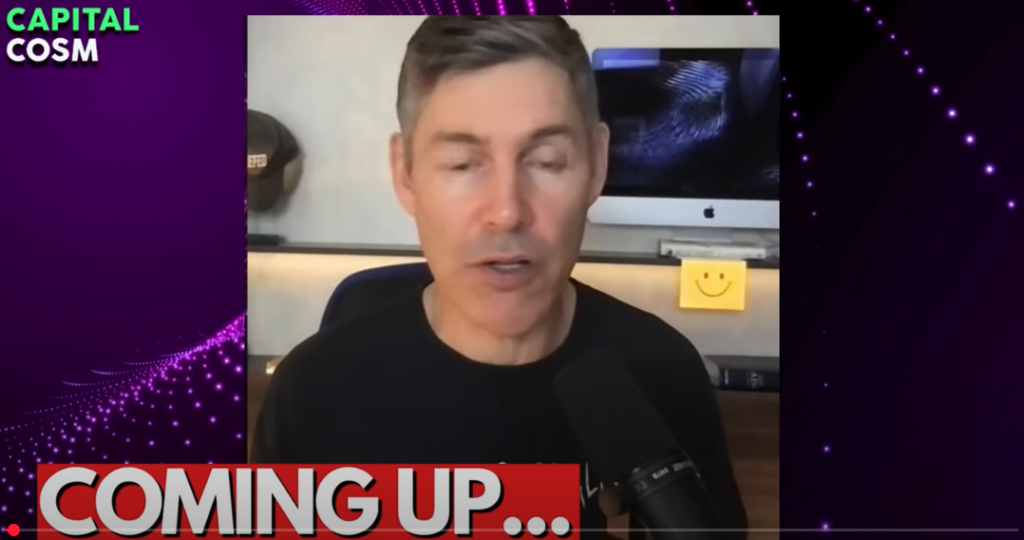
Exclusive Interviews, STAFF NEWS & ANALYSIS, Videos
Every Country is on the BRINK of COLLAPSE (so where do you put your money?)
Bryan Lutz – February 08, 2025
Summary
The decline of the global economy is prompting a reevaluation of investment strategies, emphasizing the need for risk management and deregulation to navigate increasing market volatility and potential recession.
Economic Impact of Tariffs
Tariffs theoretically aim to boost domestic production and create high-paying jobs, but in practice often reduce overall goods and services availability, potentially hurting consumers.
The key question with tariffs is whether they result in more or less goods and services in various timeframes, with the answer usually being less, making them a cost-benefit analysis.
Reducing regulations, bureaucracy, and red tape is more crucial than tariffs for boosting US manufacturing competitiveness, as seen in Argentina’s stifled production despite potential advantages.
Global Economic Indicators
Money supply growth decline, credit card delinquencies, and yield curve inversion are indicators of potential recession, with 90% probability since the 1950s.
Bank lending creates new money and increases money supply, while loan payoffs reduce it; more loans than payoffs indicate a growing money supply and economic activity.
The Chinese real estate market, the largest asset class globally at $60T, suffered a 30% decline, wiping out $20T of purchasing power, equivalent to almost annual US GDP.
Investment Strategies
Top investors like Soros, Buffett, and Druckenmiller share traits: expert risk management, having an edge, and making asymmetric bets with low downside and high upside potential.
Kenny Mroy, managing $1.5B in 10,000 doors, seeks asymmetric opportunities by buying distressed assets below replacement cost from over-leveraged 2020-2021 investors.
Dollar-denominated assets may attract massive capital as global economies contract, with investors selling local currencies to buy dollars and invest in the US stock market.
Global Economic Interconnectedness
Global interconnectedness of economies, monetary systems, and supply chains means a recession in one major economy is likely to impact others, with China currently experiencing a deflationary GFC.
Weaponizing the dollar incentivizes countries to seek alternatives, while tariffs weaponize the American consumer, both strategies having tradeoffs and requiring cost-benefit analyses.
To gain a significant edge, investors should thoroughly analyze investments by being able to argue the opposite side of the debate as well as, if not better than, those they disagree with.
Source: The Daily Bell Rephrased By: InfoArmed
